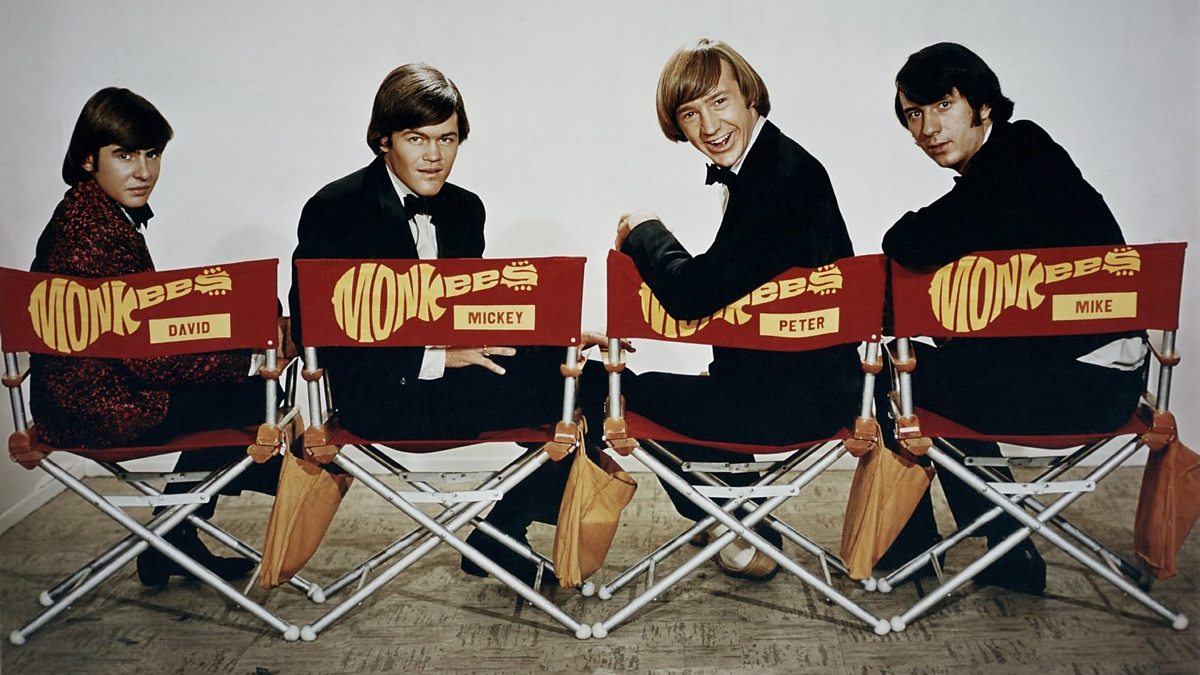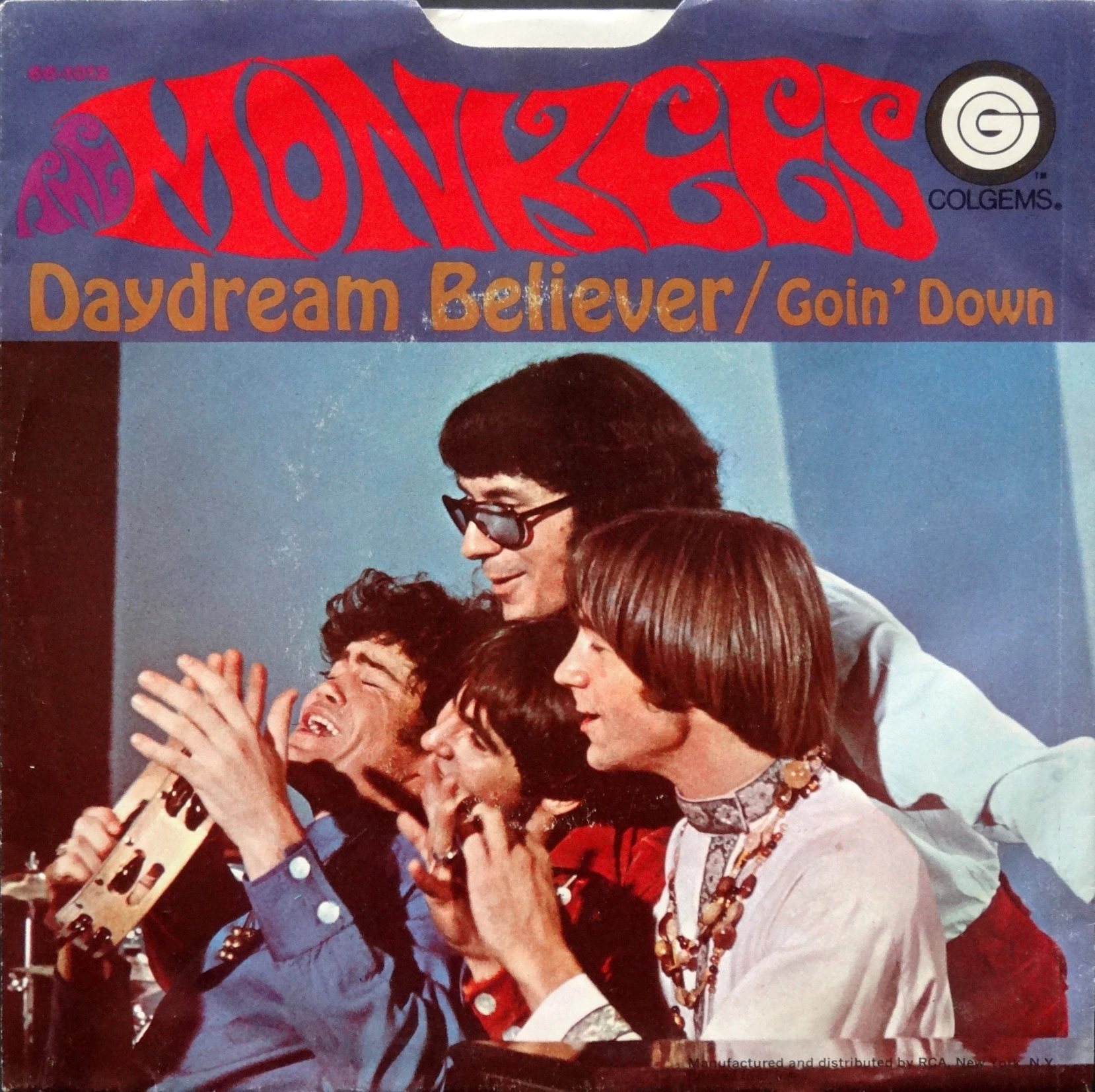
The Echoes of Lost Conversations: A Journey Through “Words” by The Monkees
When The Monkees released “Words” in 1967, it resonated with an audience caught in the throes of a cultural revolution. As a track that appeared on their album “Pisces, Aquarius, Capricorn & Jones Ltd.,” it swiftly climbed the charts, marking its territory at number 11 on the Billboard Hot 100. This was an era of profound change, where every note and lyric seemed to capture the zeitgeist of a generation searching for meaning amidst chaos.
At its core, “Words” is a poignant exploration of communication breakdowns, a theme that feels remarkably timeless even decades after its initial release. The song’s narrative unfolds through a dialogue between two lovers, each struggling to articulate their emotions in a way that truly connects. It’s a reflection on how words can both bridge and widen gaps between individuals—a dance between clarity and misunderstanding. This theme strikes a chord with anyone who has ever found themselves at odds with someone they care about, their intentions lost in translation.
The genesis of “Words” lies within the creative genius of Tommy Boyce and Bobby Hart, prolific songwriters who had an innate ability to capture the essence of human experience through music. As part of the team responsible for crafting many of The Monkees’ hits, Boyce and Hart infused “Words” with an introspective quality that distinguished it from other pop songs of its time. The melody is hauntingly beautiful, underpinned by a rhythmic urgency that mirrors the desperation felt when communication fails.
For listeners who lived through the 1960s, “Words” evokes a sense of nostalgia that transcends mere reminiscence. It harkens back to a time when music was not just entertainment but a catalyst for introspection and social change. The Monkees, often dismissed as simply a manufactured band for their television show, proved through tracks like “Words” that they were capable of producing music with depth and resonance.
The song’s instrumentation further enhances its emotional impact. The interplay between Micky Dolenz’s lead vocals and Peter Tork’s harmony creates a duality that echoes the song’s lyrical conversation. Meanwhile, the use of unconventional instruments such as the harpsichord adds an ethereal quality, transporting listeners into the fragile world of the characters’ troubled relationship.
In revisiting “Words,” older audiences are likely to find themselves awash with memories—not just of The Monkees themselves but also of their own experiences during those transformative years. The song serves as both a reminder and a companion piece to personal histories filled with love, loss, and the often-complicated nature of human connection.
Moreover, “Words” stands as an example of how music can encapsulate universal truths. Its message about the power—and limits—of language remains relevant today. In an age where digital communication sometimes replaces face-to-face interactions, “Words” is a gentle reminder of the importance of sincerity and understanding in our conversations.
Ultimately, “Words” by The Monkees is more than just a hit from yesteryear; it is a timeless meditation on the complexities of communication. Whether you are revisiting this classic tune or discovering it for the first time, its emotional depth offers something new with each listen. It invites us to reflect on our own relationships and consider how we might bridge divides with genuine empathy and thoughtful dialogue.
For those who cherish memories from the golden age of music or seek solace in songs that speak to the heart’s deepest yearnings, “Words” remains an enduring testament to the power of music to connect us all across time and space.
